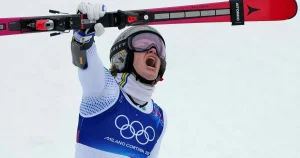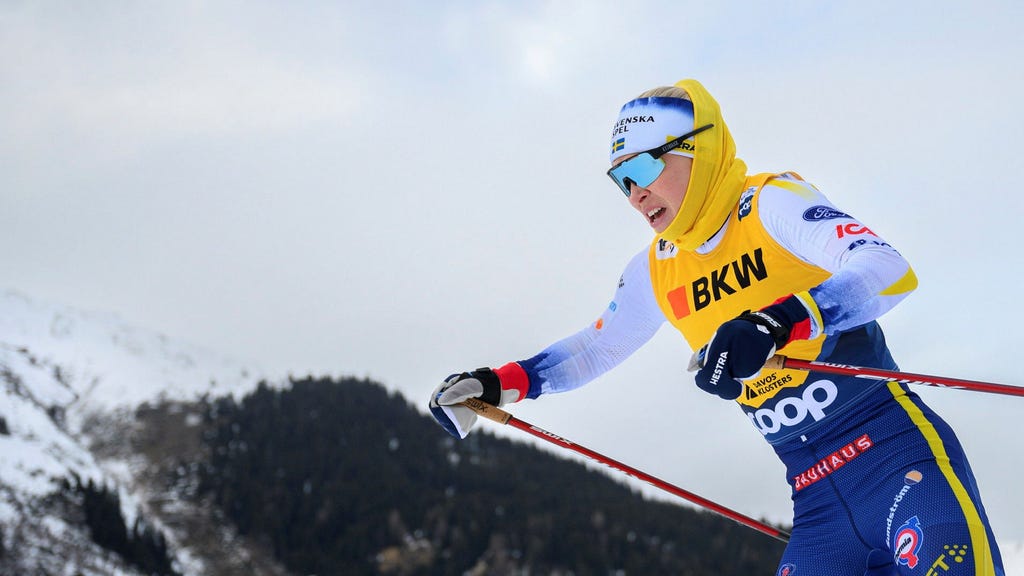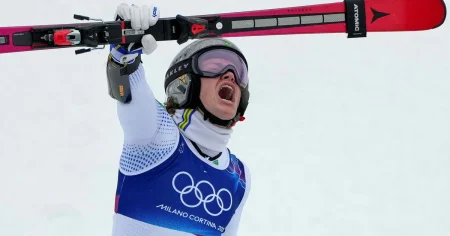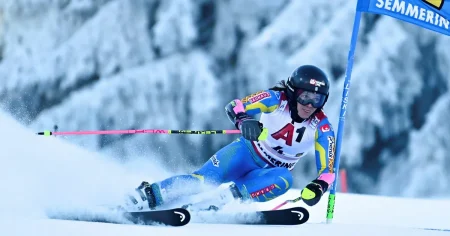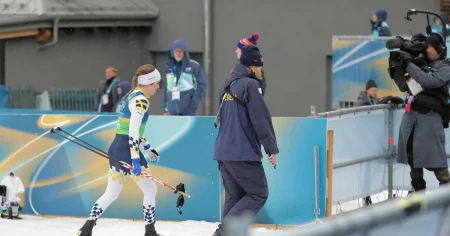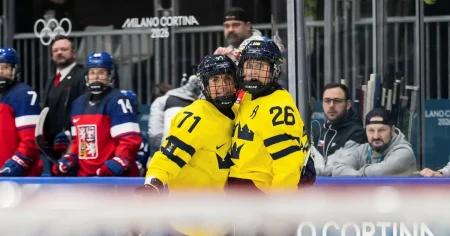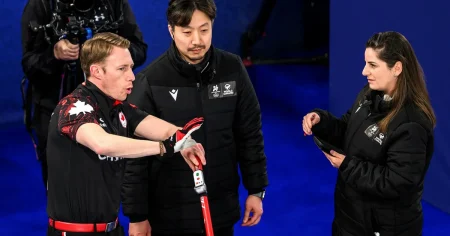Dominance and Disruptions in the Women’s Sprint Skiing World Cup
The Swedish women’s sprint skiing team has been a force to be reckoned with in the World Cup circuit, showcasing exceptional speed and skill. Jonna Sundling’s effortless qualification for the quarterfinals, coupled with her record-breaking time, underscores the team’s dominant form. This strong performance follows recent victories by her compatriots, with Johanna Hagström claiming the top spot in Ruka and Sundling herself securing a convincing win in Lillehammer. Their consistent podium finishes indicate a deep well of talent and a strategic approach to competition. This early dominance sets the stage for a potentially thrilling season, with the Swedish team poised to challenge for top honors throughout. However, the team’s strength is being tested by unforeseen circumstances, with illness and pre-existing absences impacting their lineup.
Despite Sundling’s impressive feat, the Swedish team faced setbacks in Davos. Hagström, initially slated to compete, withdrew due to a morning cold. This unexpected absence reduced the Swedish contingent, highlighting the vulnerability of even the most dominant teams to unforeseen health issues. While Sundling’s progress provided a boost, the loss of Hagström’s potential contribution undoubtedly impacted the team’s overall strategic plans. Hagström’s absence underscores the importance of depth in a competitive field, where even minor disruptions can have significant consequences. The team’s ability to adapt and perform in the face of these challenges will be a testament to their resilience and overall strength.
Adding to the complexity of the situation, Ingrid Hallquist and Ebba Stenman failed to qualify for the final rounds, finishing outside the top 30. This further diminished the Swedish presence in the later stages of the competition, adding pressure on Sundling and Ribom to carry the team’s hopes. While Hallquist and Stenman’s non-qualification may represent individual setbacks, it also points to the fiercely competitive nature of the World Cup circuit, where even seasoned athletes can face early exits. The narrow margin between success and elimination highlights the importance of peak performance at every stage of the competition.
Compounding the challenges, the Swedish team, typically boasting six sprint slots, started the competition with only four athletes. Hagström’s last-minute withdrawal combined with the pre-existing absences of Linn Svahn and Maja Dahlqvist significantly reduced their competitive roster. Svahn and Dahlqvist’s continued absence underscores longer-term challenges for the team, potentially relating to injuries or strategic training plans. The depleted ranks placed increased pressure on the remaining skiers to perform, highlighting the difficulties in maintaining consistent competitiveness when facing multiple absences. These absences, both planned and unexpected, necessitate strategic adjustments and underscore the importance of a robust reserve pool of talent.
Emma Ribom’s qualification for the final rounds alongside Sundling offers a glimmer of hope amidst the challenges. Ribom’s presence provides a vital second chance for Swedish success and allows for strategic collaboration between the two athletes. Their combined efforts could potentially mitigate the impact of the missing skiers and maintain the team’s presence in the medal contention. Ribom’s performance will be crucial in determining the overall success of the Swedish team in Davos, demonstrating the importance of individual contributions within a team context. Her success could also signal the emergence of new talent within the Swedish ranks, offering a positive outlook for the future.
The Swedish women’s sprint team, while facing unforeseen challenges and absences, continues to demonstrate its competitive spirit and potential. Sundling’s strong performance despite the team’s setbacks underlines her individual prowess and leadership. Ribom’s qualification offers a secondary avenue for success, highlighting the team’s remaining depth. However, the combined absences of Hagström, Svahn, and Dahlqvist expose vulnerabilities and test the team’s resilience. The Davos competition will be a crucial test of the team’s ability to adapt and perform under pressure, setting the stage for the remainder of the season. Their performance in the face of adversity will be a true measure of their championship potential.


